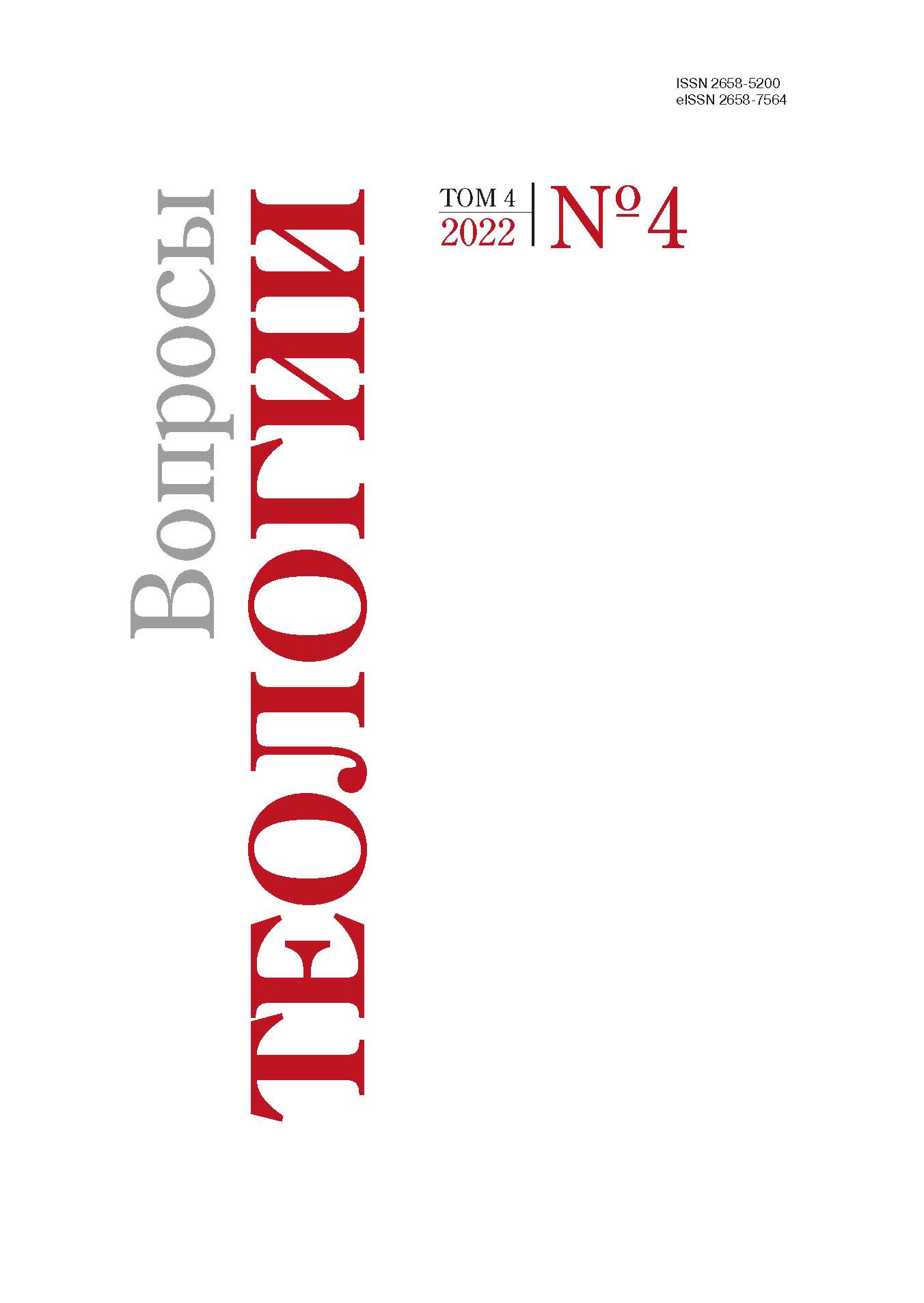Functional significance of the Slavic translations of the Liturgy of the Apostle James in the 16th–17th centuries
DOI:
https://doi.org/10.21638/spbu28.2022.403Abstract
The article is devoted to the problem of clarifying the practical purposes of using the manuscripts of the Liturgy of the Apostle James in the 16th–17th centuries, their applied significance. This period is characterized by the appearance of a huge number of Slavic manuscripts containing the text of the Liturgy of the Apostle Jacob. At the same time, we are talking not only about the number of manuscripts, but also about the presence of several translation options for the texts contained in these manuscripts. Based on an analysis of the historical situation in the context of interfaith polemics, an attempt was made to identify the place and role of the texts (or translations) of the Liturgy of the Apostle James and their functional purpose in the processes of confessionalization of the 16th–17th centuries. As a result of an analysis of the composition of manuscript texts containing translations of the 16th century, arguments were formulated in favor of the mainly polemical use of the Liturgy of the Apostle James in the active liturgy in the 16th–17th centuries anti-Latin, sometimes anti-Protestant polemic. The identified indirect evidence makes it possible to argue that the ministry of the Liturgy of the Apostle James in the second half of the 17th century was unknown in Russia. Undeniable arguments in favor of the fact that the full Slavic translations of the Liturgy of the Apostle James were used during the specified period for liturgical purposes have not yet been found.
Keywords:
Liturgy of the Apostle James, Eucharistic disputes, graft heresy, Sofroniy Likhud, Ioanniky Likhud, Sylvester Medvedev, Liturgy of St. John Chrysostom, Byzantinization, liturgical manuscripts, anti-Latin polemics
Downloads
References
References
Downloads
Published
Issue
Section
License
Articles of "Issues of Theology" are open access distributed under the terms of the License Agreement with Saint Petersburg State University, which permits to the authors unrestricted distribution and self-archiving free of charge.




